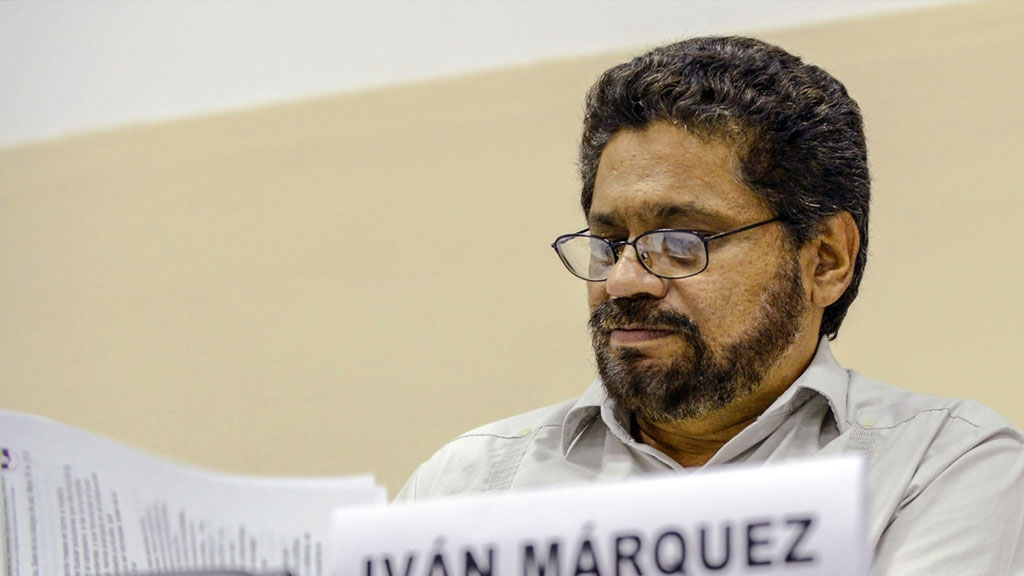The chief negotiator of the FARC, the rebel group that is set to sign peace with Colombia’s state, told CNN Tuesday their mobilization could be postponed until after a referendum on the peace deal.
The guerrillas will be formally signing peace with the administration of President Juan Manuel Santos on Monday.
However, Colombians could still reject the deal in a referendum that is held the Sunday after.
According to Ivan Marquez, an immediate beginning of the group’s demobilization is impossible until Congress ratifies the law that grants amnesty to guerrillas who are not suspected of having committed war crimes.
Justice Minister Jorge Londoño said Tuesday this law will not be brought before Congress until after the referendum and only if Colombians ratify the deal on October 2.
If Colombians vote “Yes” to the peace agreement, the government and congress will work as fast as possible to make sure the bill passes and takes effect as law, Londoño said.
But, “without the law for amnesty and pardon it is very difficult for the guerrilla [group] to begin the moving of troops towards the peace zones or the transitory normalization points,” Marquez told CNN en Español.
This means that the effective demobilization of the FARC would not begin on September 27 as planned, but in the weeks after October 2 when the plebiscite is held.
While pollsters have indicated a victory for the “Yes” vote in the referendum, the country’s strongly divided and the “No” campaign, led by former President Alvaro Uribe, has been campaigning hard, claiming they seek a renegotiation of the peace deal.
A winning “No” vote, however, would plunge Colombia’s peace process in a pool of uncertainty as both the government and the guerrillas have said that there is no Plan B if their peace agreement is denied by the public.


